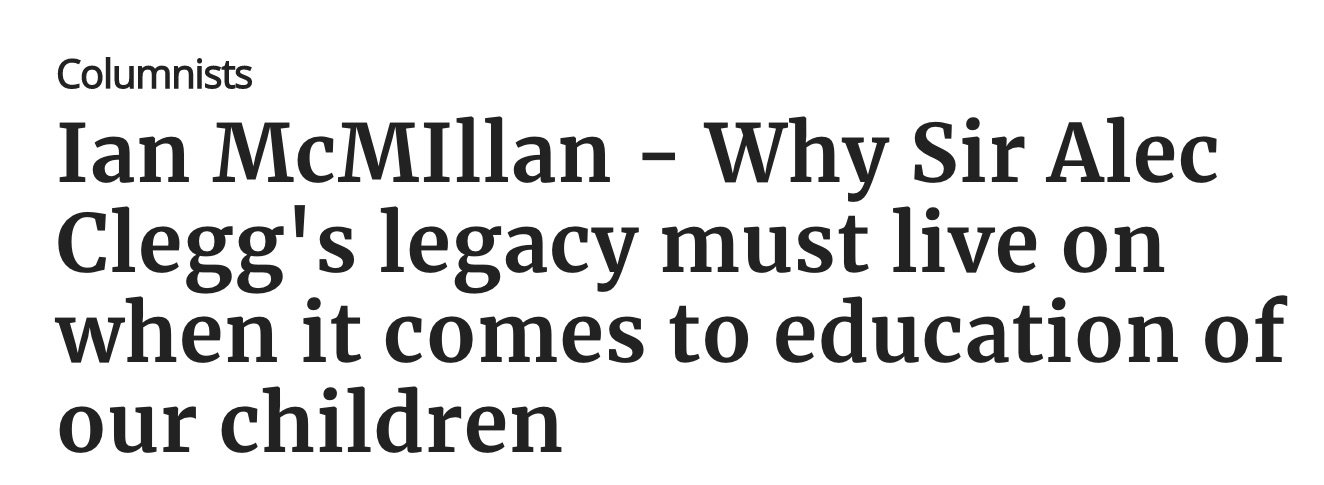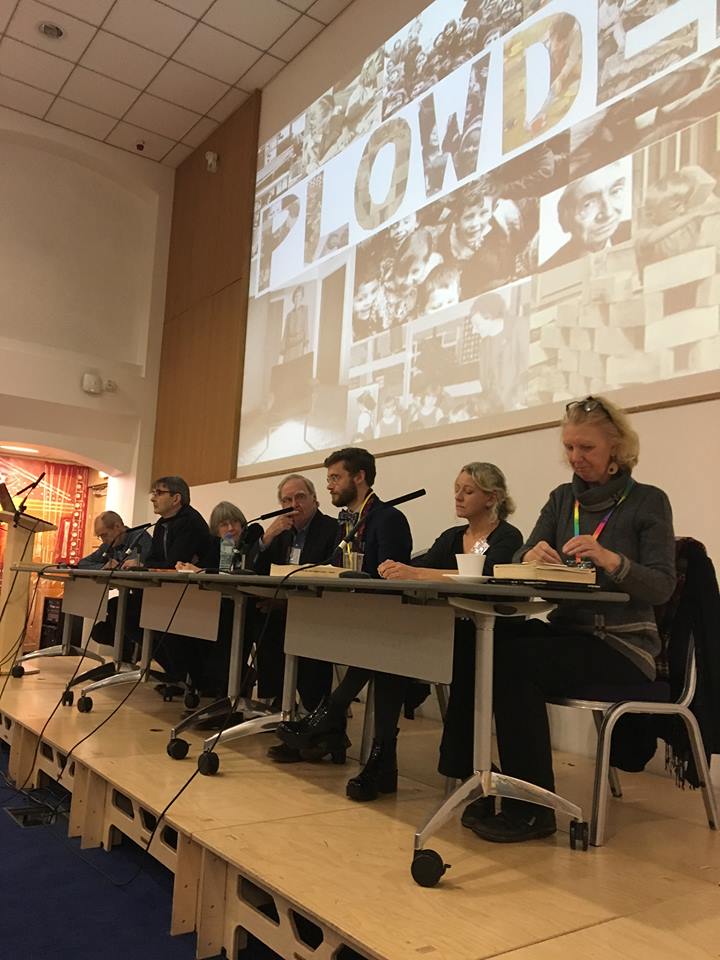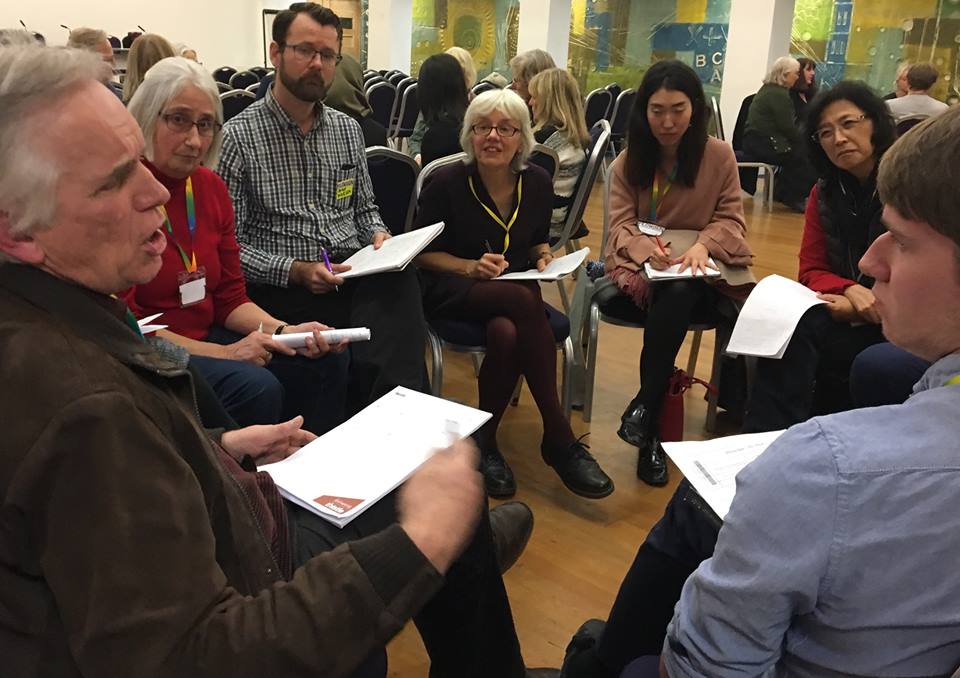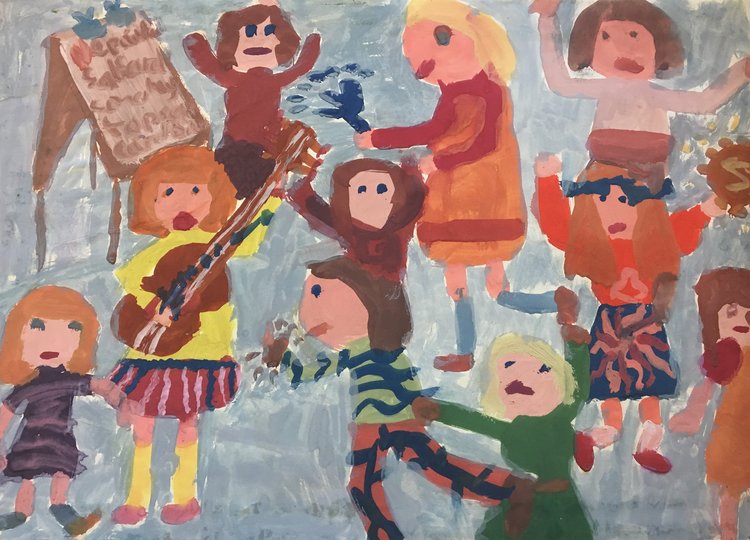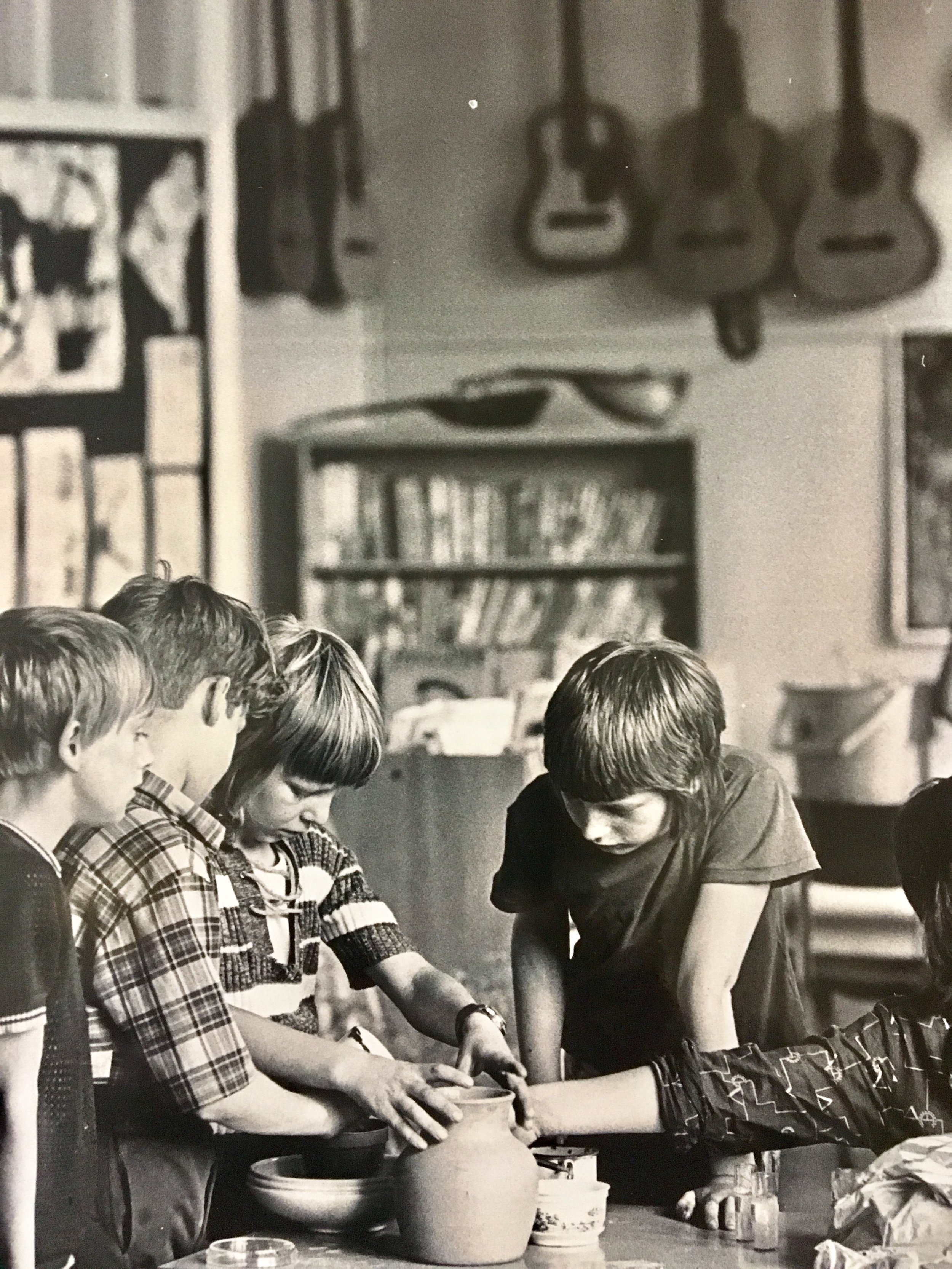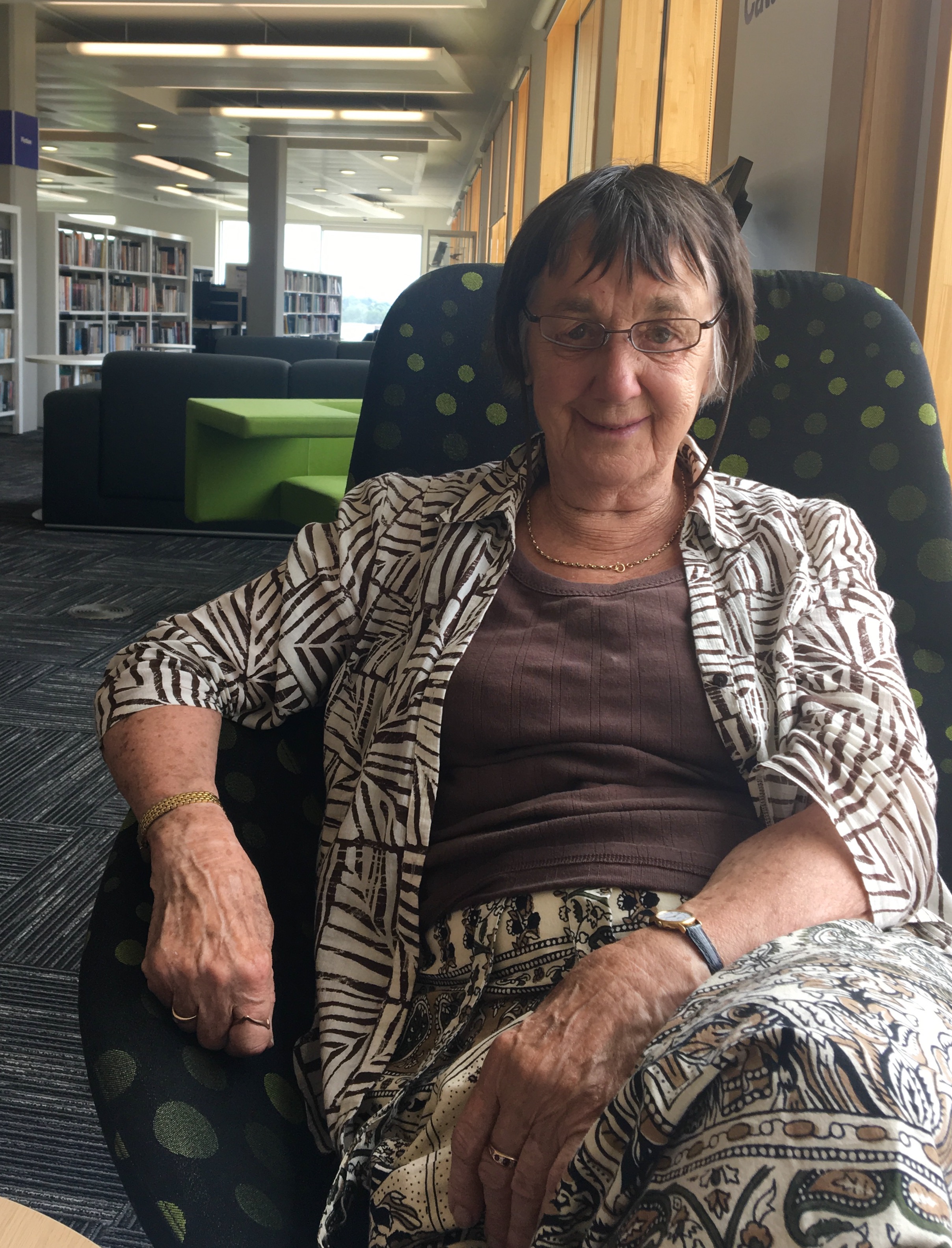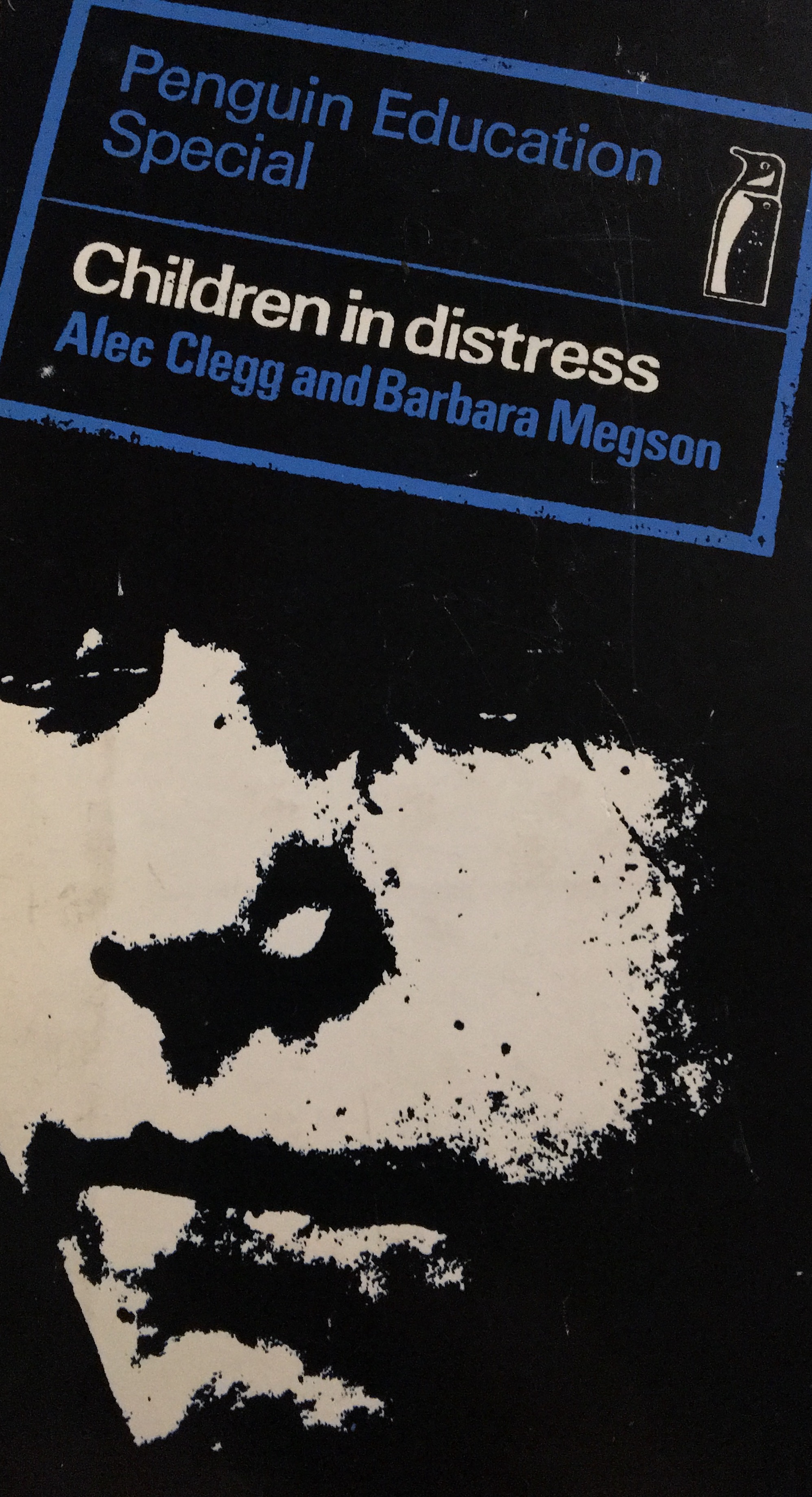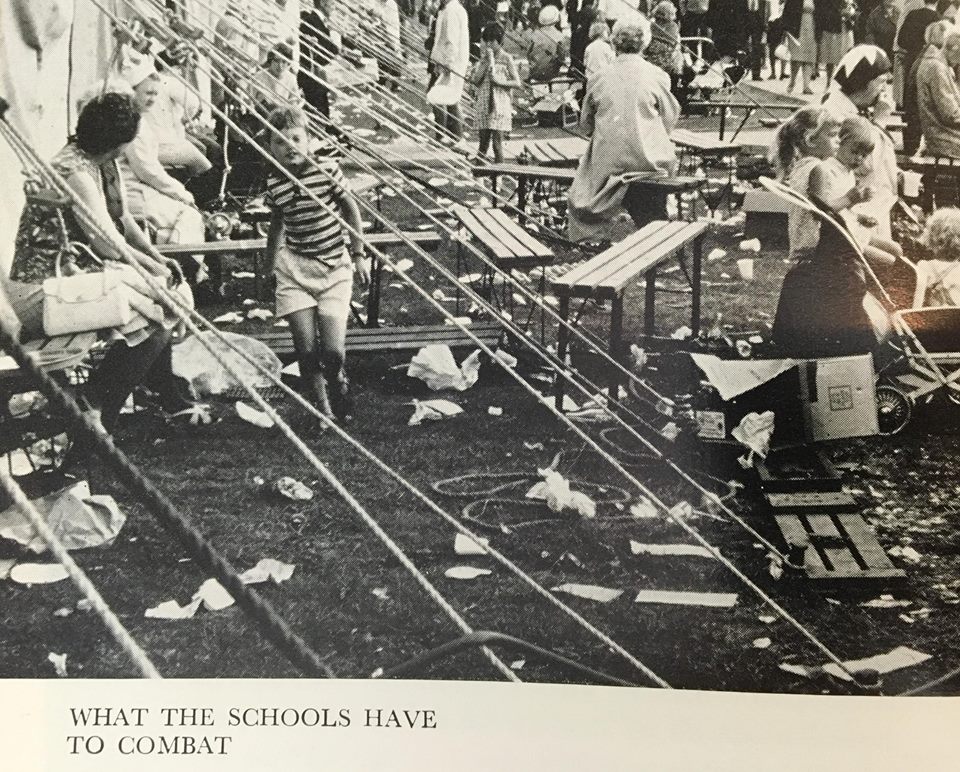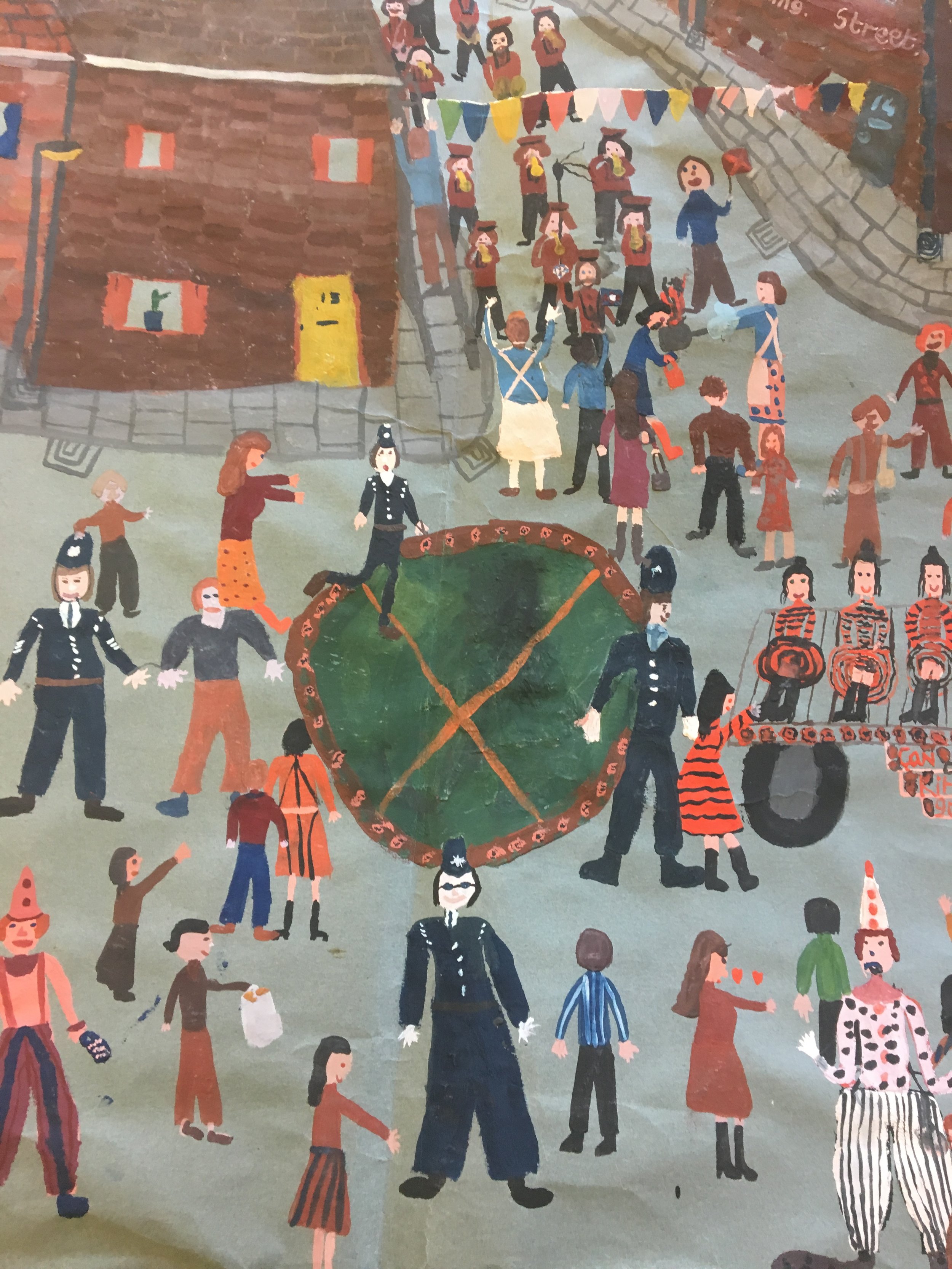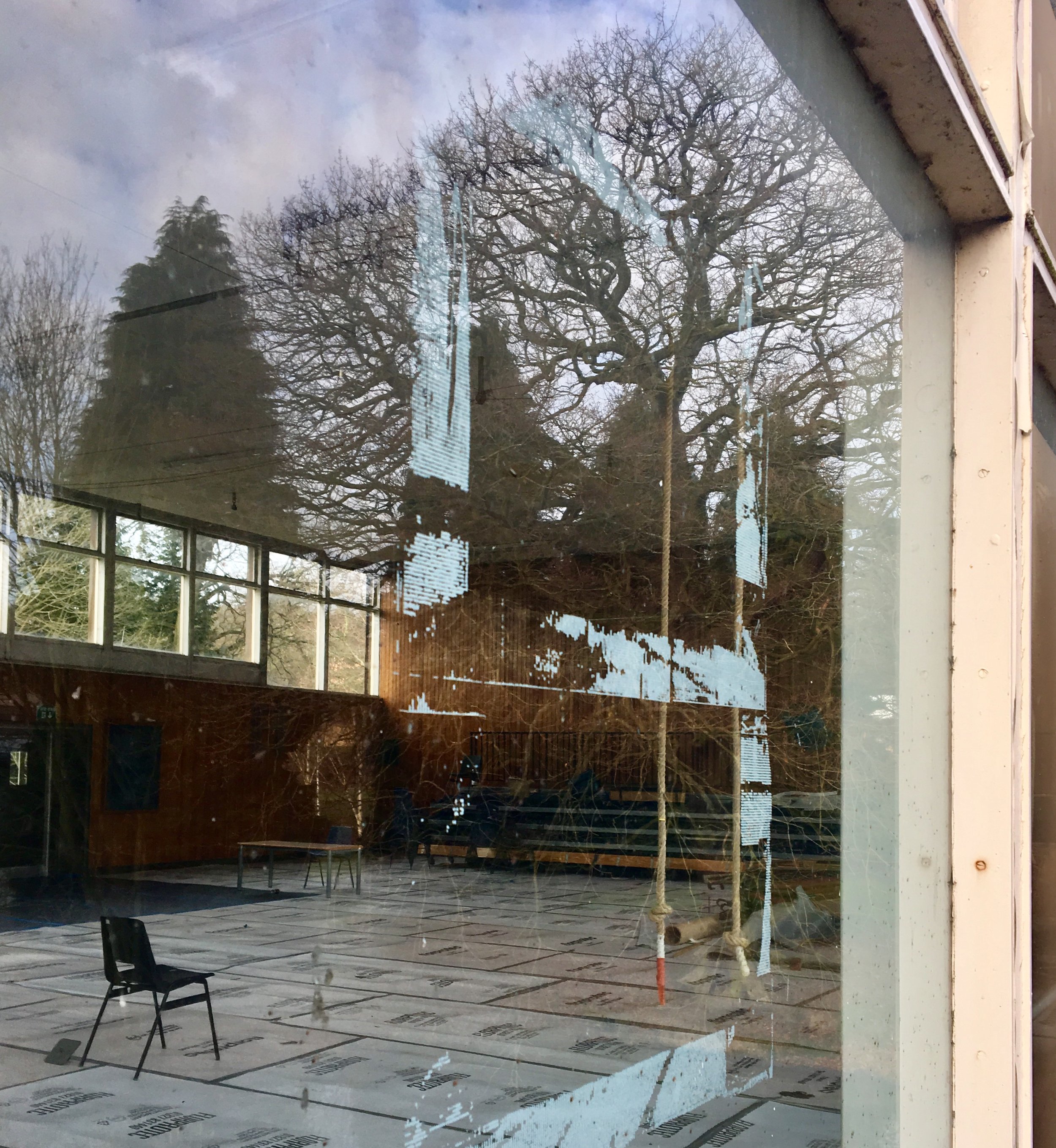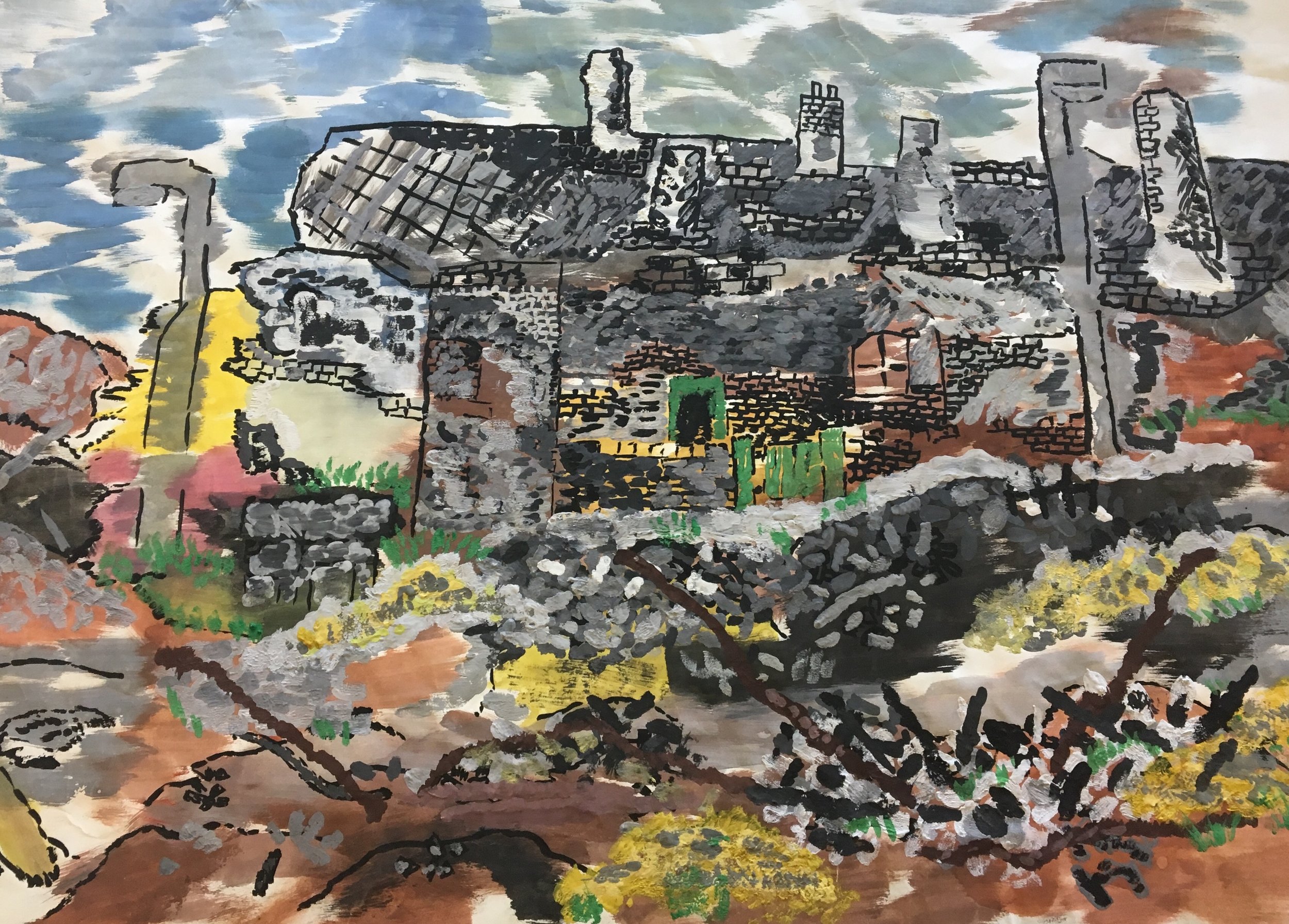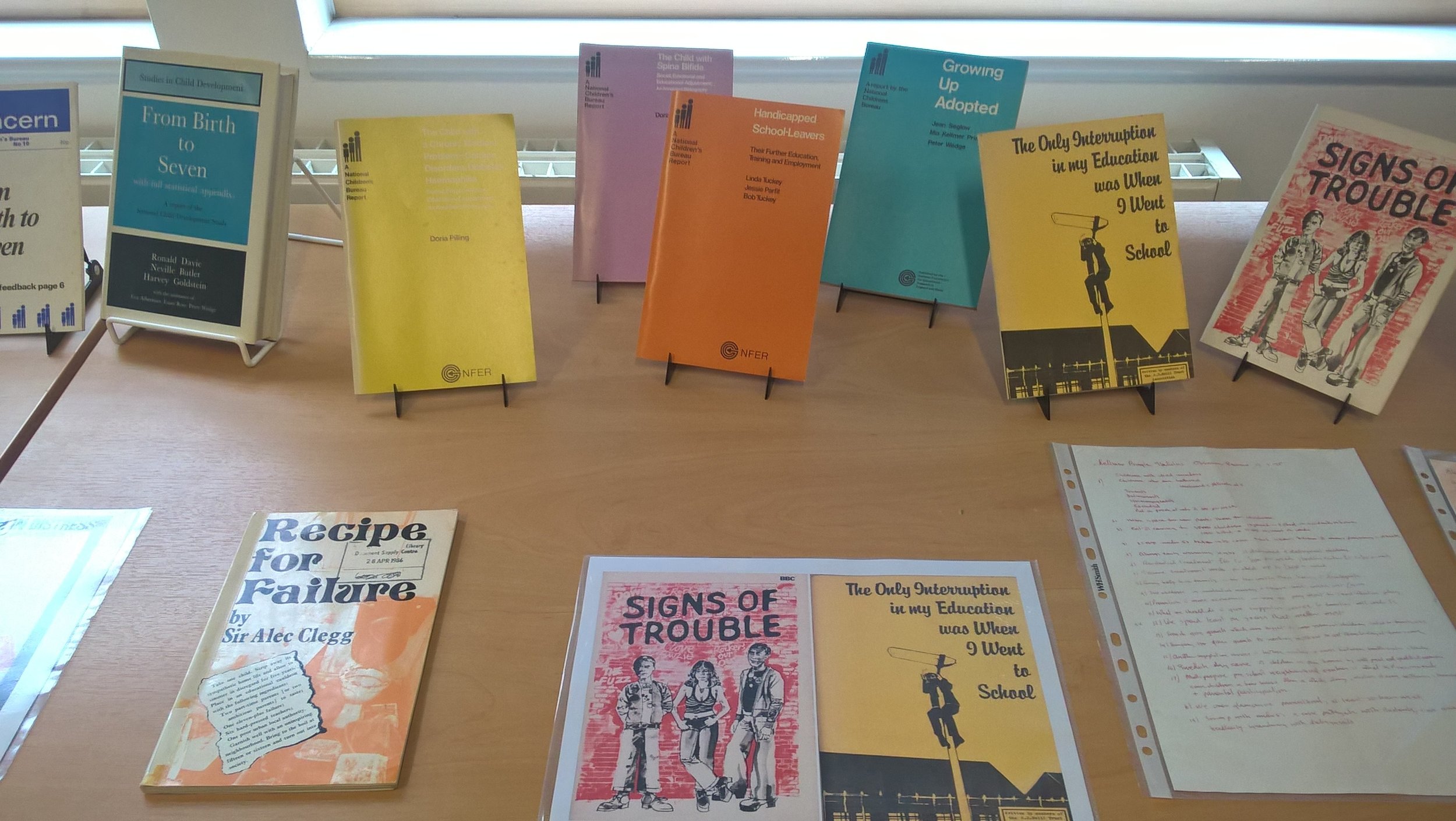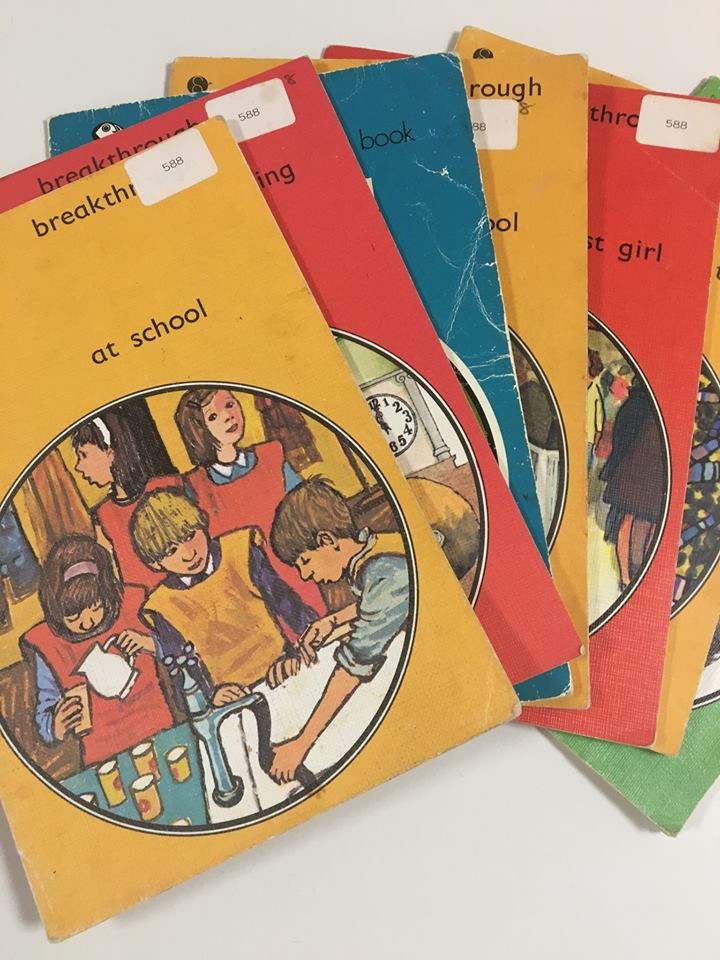London Book Launch of Paperback
London Book Launch of Paperback
〰️
London Book Launch of Paperback London Book Launch of Paperback 〰️
UPDATES ON THE ‘SIR ALEC CLEGG REVISITED’ Project
'Sir Alec Clegg Revisited’ was a one-year research project for the academic year 2016/2017 funded by a University of Cambridge Arts and Humanities Research Grant and based at the Faculty of Education, University of Cambridge. The project was led by Catherine Burke, Professor in History of Education and Childhood (Now Emerita). Lottie Hoare, a Teaching Associate at Faculty of Education, worked as the Research Assistant on this project. Peter Cunningham, Emeritus fellow at Homerton College, Cambridge, contributed his advice and insights to the project. Various events, exhibitions and publications connected with this project have evolved in the past 3 years since the project ended in November 2017. This website illustrates some of the research undertaken during 2016/17 across its five webpages and also makes links to more recent developments.
One such development from the project is a Routledge book, which was published as part of their ‘Progressive Education’ Series in 2021 in hardback and in 2022 in paperback. The photos immediately above show some speakers from the October 2022 London book launch including Catherine Burke, David Attenborough and one of Alec Clegg’s sons, the architect, Peter Clegg.
The title of the book is Education through the Arts for Well-being and Community: The Vision and Legacy of Alec Clegg edited by Catherine Burke, Peter Cunningham and Lottie Hoare. These editors have written chapters for the book alongside those written by Sir Tim Brighouse, Ken Jones, Martin Lawn, Allie Mills and child and adolescent psychotherapist, Alison Roy. All these authors were involved with the 2017 project seminars. The foreword is written by Sir David Attenborough.
Further details of prices for paperback and hardback available through the link below:
Editorial reviews for this publication can be read below:
During his distinguished career in the West Riding of Yorkshire, Sir Alec Clegg championed the vital role of music, drama, and dance in children’s lives. In this major reassessment of his progressive legacy, Education through the Arts for Well-Being and Community reaffirms the centrality of the arts in any humane system of education.
William J. Reese, Vilas Research Professor, University of Wisconsin–Madison
This is a very welcome and necessary book that not only draws together and secures the work of Sir Alec Clegg in British history of education in the UK, but also demonstrates its continued international relevance and usefulness at this crucial point in the history of our planet.
Helen Pheby, Head of Curatorial Programme, Yorkshire Sculpture Park
Alec Clegg was a gifted, charismatic, innovative teacher and public administrator. This collection of reflections on his personal and philosophical legacy ret urns us to a boldness of earlier times that is at risk of being forgotten – or worse, distorted – by current rigid dogmas on teaching and learning. English public education has a long history of arts-rich practice, imaginative teaching in the humanities and honouring children’s broader well-being. Alec Clegg is a vital part of that history. Any student, teacher, leader or parent who wants to learn from, and draw on, such understandings needs to read this book.
Melissa Benn, writer, journalist and campaigner
Book Review below by Ian McMillan July 2022 from Yorkshire Post:
Here’s a photograph, a black and white photograph. It shows a schoolboy standing at an easel, painting. He’s in a classroom and the light streams through the window, illuminating the vase of flowers he’s painting. The scene is like something an old Dutch master might have created but this is a picture of Yorkshire in the 1960’s; it’s a picture of The West Riding of Yorkshire to be precise and it’s an image of a boy making art because art was central to the curriculum of the West Riding under the leadership of a man I’ve written about in this column before, the brilliant Chief Education Officer Sir Alec Clegg.
The image comes from a marvellous book just published by Routledge in their Progressive Education series: Education Through The Arts For Wellbeing and Community, The Vision and Legacy of Sir Alec Clegg. It’s a real jewel of a volume, packed with essays and illustrations about the importance of the arts in education and I reckon it’s particularly vital at this time when we in Yorkshire are just digesting the brilliant news that Bradford will be City of Culture 2025 as well as, in the same year, Rotherham being Children’s Capital of Culture. I, for one, can’t wait to see all this potential unlocked and the place for this unlocking to begin is in the classroom or, often, in less informal educational settings.
Here's Clegg writing in the final years of the West Riding before its abolition in 1974: ‘The careful mounting and display of work by a child who has tried hard is a more powerful motive force than the old competition for marks. Minute observation is a training in sensitivity. Readiness to tell others what you have discovered is a way of developing a concern for others.’ How simultaneously revolutionary and old-fashioned those sentences seem in our exam-obsessed times and yet aren’t we all keen to extend young peoples’ concern for others? If they try hard shouldn’t their work be displayed on the wall, not only of a classroom but of an art gallery or museum? Isn’t training for sensitivity the best kind of training? I reckon it is.
I remember doing lots of writing and painting in my West Riding Junior School but one thing this book is really good at is reminding me how much dance and movement there was in the schools in those days; we would gather in the hall and one of the teachers, Mrs Hudson maybe, or Mrs Stansfield, would put some music on the record player or a programme like Music and Movement on the radio and we would move, all of us. As it says in the book: ‘All the arts have a common beginning and that common beginning is movement. Movement for movement’s sake, the starting point of all the arts.’
In dark times when it seems that the arts are seen as something for posh people to look at rather than something for everyone to do then the examples of Rotherham and Bradford and the continuing, though sometimes flickering, legacy of Sir Alec Clegg give me real cause for hope. Let’s remember that we can all be writers, we can all be artists, we can all be people who move through the world with confidence and grace.




